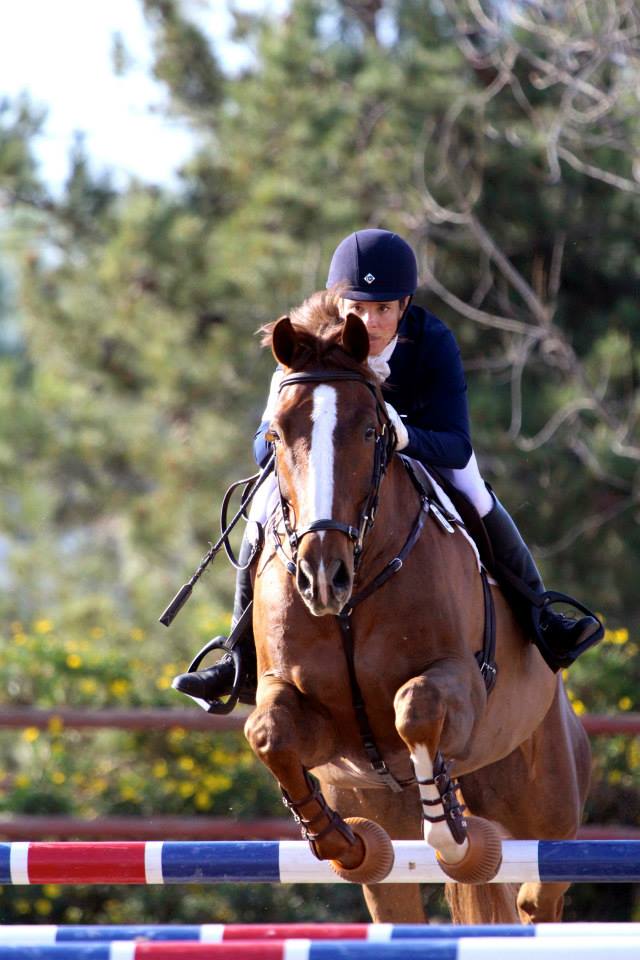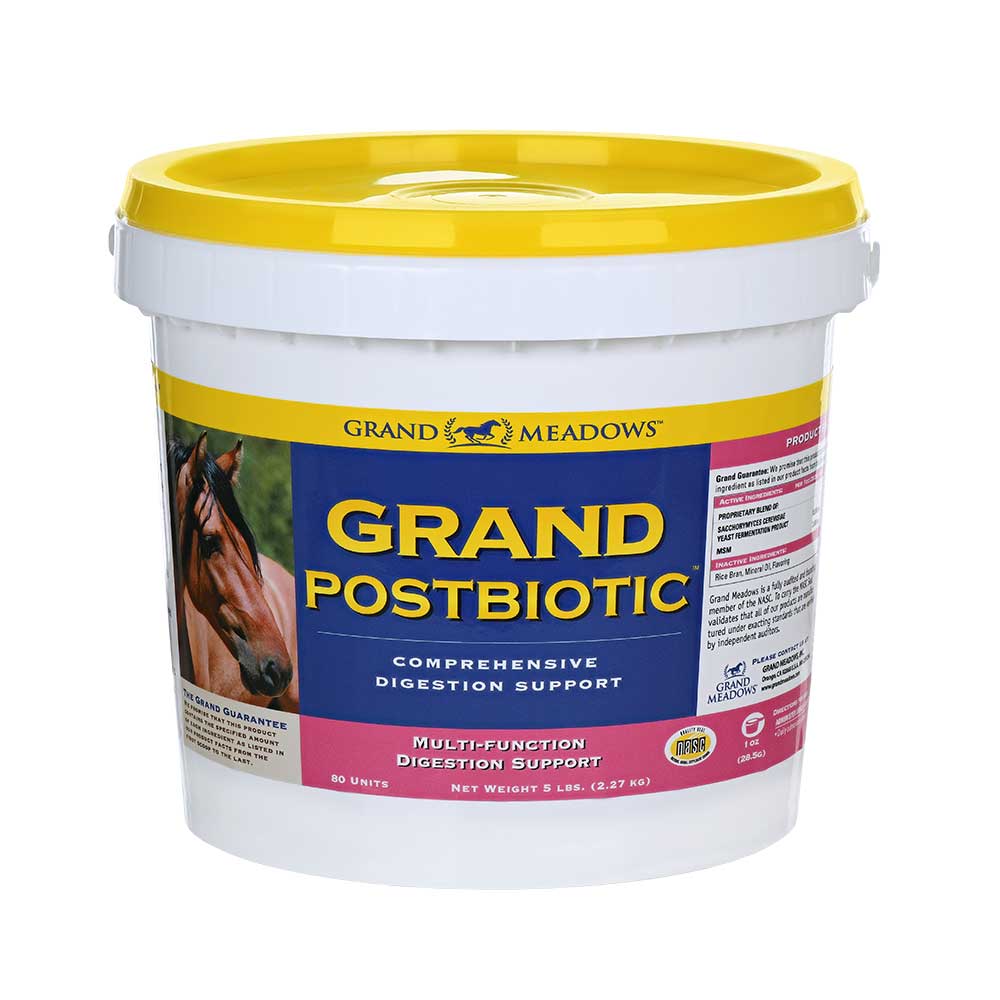Horse Training Tips
Sometimes Practice, Practice, Practice Is Too Much
Guest article from Dani Sussman.
Oftentimes, we as professionals with extreme type A personalities, get caught up in perfecting every component in our horses’ training. We want our horses to look, feel, and perform their best every day. Now with any professional sport, this is of course unrealistic. There will always be little aches and pains, bruising and swelling, of which, most of the time don’t affect our horses’ performance, but are still present.
There are many medications and herbal remedies to address this mild soreness, and to enable our equine athletes to keep training and competing. However, over the years, I have found something more important to help the recovery of our amazing partners. Now, on paper this will sound like a no-brainer, but in reality for us type A people, is one of the hardest training techniques to incorporate into a program.
REST. Sounds simple, right? It should be, but we are always wanting and striving to be better and to make our horses perform better. Over-training can create many veterinary issues that could have been avoided simply by giving your horse a day off. Think about a bodybuilder; they train to extremes, paying attention to their diet and every muscle group. They incorporate rest and recovery as part of their training because if they didn’t, they wouldn’t get stronger, their muscles would be in a constant state of stress and breakdown. It is on those recovery days that their muscles rebuild, their sore joints become less painful, and progress happens. It is the same thing with our horses. They need time to recover, to rebuild, and to gain muscle.
Most people in a regimented training program, give their horses one day off a week. This is the norm, and I would say most of the time is enough. However, sometimes when training and preparing for a big event, your horse may need another day of recovery. Don’t be afraid to give it to him. That hour of training may or may not be the difference between the blue ribbon and the red one, but it won’t matter if your horse is sore and doesn’t feel his best. Sometimes the hardest thing to do is to do nothing.


